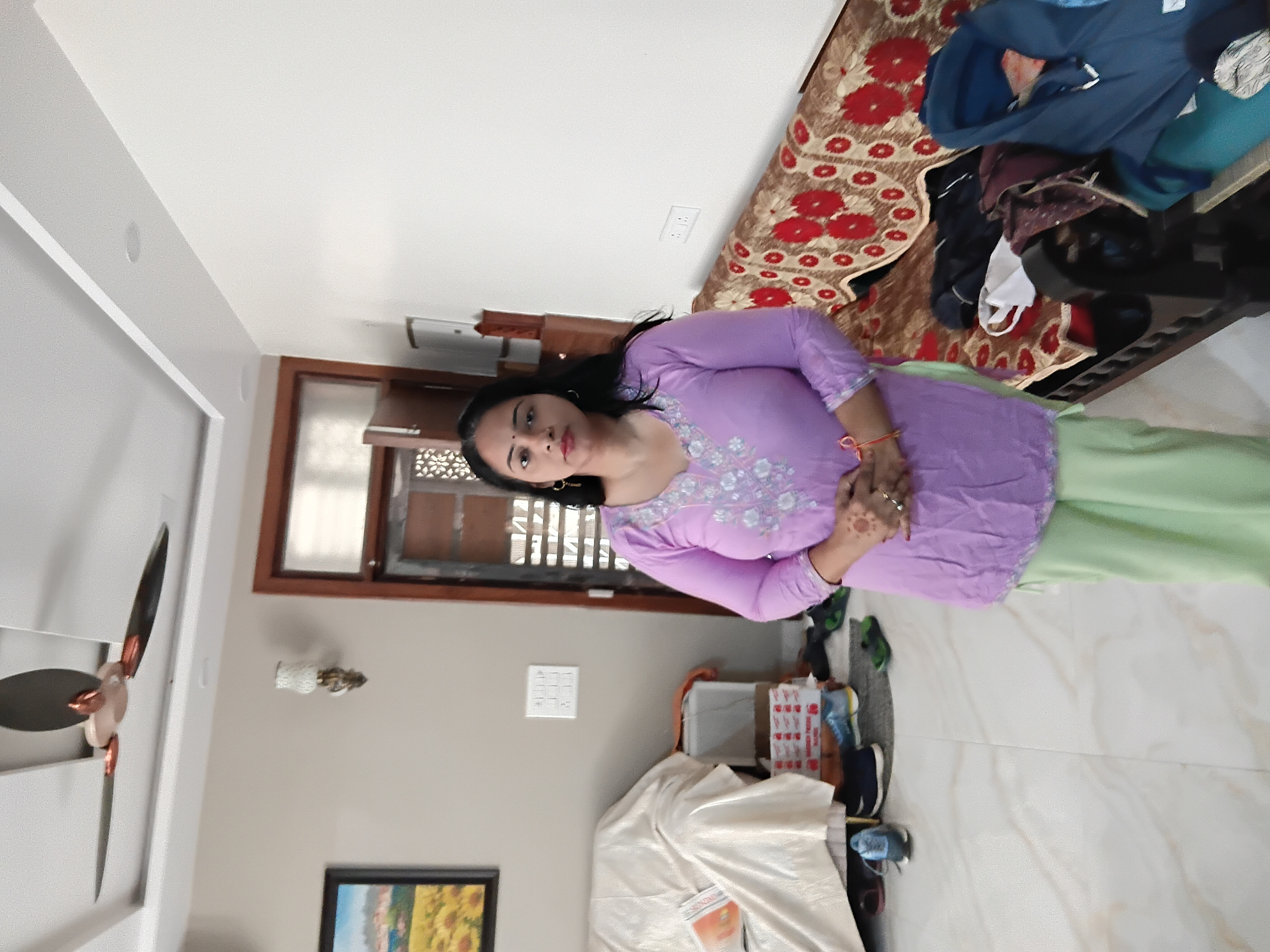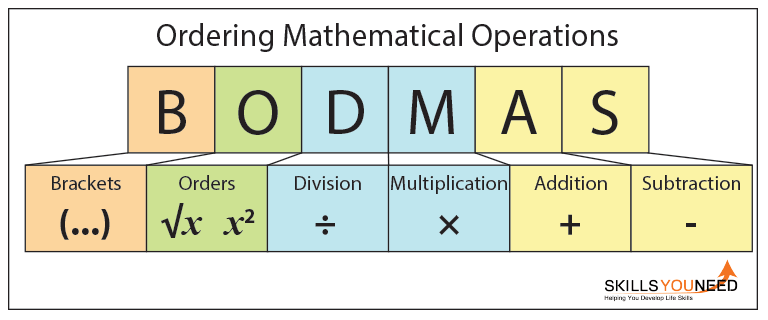Monthly trending articles on ConnectClue

Post updated on: Aug 18, 2021 10:41:02 AM
Most of us are involved in our daily routine of life on this planet. In addition to all the specialized knowledge and scientific advances that we have made, we have abundant evidence that our mental well-being is deteriorating. This is because most people have no idea how the psyche works. Here I will try to help you with my understanding of the brain. You don't need to accept what I'm saying, but kindly try to challenge it in your brain and check if what I'm writing works well.

It is clear that there is an outstanding understanding that has transcended our work connections. If we happen to take a gander at our body, we think it is our brain where all our splendor is. It is because the mind is the real part we use to draw and think. If we are unable to think clearly under any circumstances, we will feel better. The cerebrum protects us from our current condition and helps us by taking cunning when there is a danger that is affecting us. Without the brain, we would not be able to endure or understand our reality and our mind. Life would be a test if we could not think straight.
In this way, the cerebrum becomes an integral part of our perception of the real world. It is an organ that we use to understand our brain. It is an organ that helps with visual perception. Unmanaged left they may be left in the wrong direction and lose the appropriate course.
It is an organ that the psyche uses to communicate our gifts and our character. Without the cerebrum, the psyche cannot function fully. Now, what is the psyche? In my opinion, the brain is the (current) source of energy that keeps us alive.
Personally, we can divide it into two categories, perception, and the inner mind. In any case, in fact, we have one psyche. Personally or your image is working on the sensitive part of the brain. It is a combination of our desire to do it for the sake of this planet. It's regional and it's yours and it needs to control everything. It builds (the help of the conscience) in knowledge and meets it in life turns into something different and a cover after believing. It needs to continue living indefinitely and sticking to time. It has a great ability to imagine the hoodwink itself. We need our sense of understanding of the truth before us. We also need the cerebrum to grow inside. Without your image, we cannot function as human beings. The cerebrum allows your image to interact with consciousness and thinking, which is the brain's property. One can thus see how the mind and the human mind are directly related to one another.
However, our psyche is also associated with the cerebrum. It controls all of our vital energy and structures in our body, such as the heart structure, the respiratory system, the abdominal-related structure, etc. A mental state that makes us happy or sad, depends on how we heal it. It does not have the power to separate. It doesn't see directly from off-base, much from bad. Whatever we do in daily life, we are constantly trying to corrupt our minds. For example, when we pray to God or something else, we try to put our thoughts together. We do the same when we play music, walk, sing, etc. Our brain is the piano we use to play the music we need. Piano keys are the words we use to convey a certain sound. Depending on how we utilize words, we can perform a wonderful song or a sad tune. Accordingly, should we not try to see how our brain works?
So, what happens when we do harm to our brains? A person can have a heart attack or a head injury from a fall. A person may experience the side effects of a debilitating mental illness such as Alzheimer's or engine neuron infection, etc. Signs and symptoms that we will experience are the side effects of relying on the affected cerebrum space. We could lose our consciousness, we could lose our memory, or we could die, etc. When this happens, our conscience or ourselves will no longer work properly. We will feel paralyzed. When a person dies brain, infectious psyche or conscience cannot function in any sense. However, the brain of the psyche can make all the difference in vital energy, and one can go on living. When we turn off the emotional support network, the body bites the dust as the psyche separates from the body. Indeed, our mind is like a PC framework. In the event of a fracture under any circumstances, the product (brain) will collapse.
In this way, it is time to understand our feelings for improvement and to remember our understanding and thinking. We need to think carefully to understand the proportion of immortality and to lose the fear of death before our psyche can separate from the body. Without your information, you are like a boat without a car in the sky of life. Difficult situations will strike you. You will get tired when you reach your goal.
Post updated on: Aug 18, 2021 3:46:00 AM

All things considered, it turns out they might have a legitimate explanation: as per an investigation distributed as of late in the diary Science Reports, individuals who ruminate may really have faster cerebrums than most of us. The group behind the examination found that meditation can work on your mind's capacity to rapidly switch between two primary conditions of awareness and the impact is observable in just two months.
The investigation followed ten college understudies who pursued a meditation class educated by Weinschenk. They each went through a utilitarian attractive reverberation imaging (fMRI) check toward the beginning of the course, and afterward again two months after the fact. In the time between the sweeps, the understudies rehearsed a kind of meditation called "centered consideration meditation" (FAM), in which the meditator concentrates on something anything truly: inside or outside, "their breath, a point on the divider, an expression, or whatever else as they saw fit," clarifies the paper. In the event that their consideration floated, they would simply take the concentration back to their picked object, whatever it was. This was to be rehearsed for something like 10 minutes, five times each week, with the encounters archived in a diary.
It sounds basic, isn't that right? In any case, simply this modest quantity of training created some shockingly emotional outcomes.
"The study showed that 2-month meditation preparing expanded mind utilitarian availability, in any event, when members were not in a thoughtful state," clarifies the paper. "These discoveries exhibit that meditation preparing essentially affects the cerebrum utilitarian availability yet not on the mind structure. Hence the noticed changes in practical availability are exclusively utilitarian changes and not identified with primary changes."
To get what had occurred, you need to think about the two general conditions of cognizance that the cerebrum approaches. The first is the default fundamental organization or DMN. This (maybe obviously) is the default condition of the cerebrum, it's what's happening in your mind when you're alert, however not actually busy. It isn't so much that it's never actuated in different situations, yet when you're fantasizing, for example, it's the DMN that is in control.
The other is known as the dorsal consideration organization or DAN. This gets going when you're occupied with objective coordinated conduct, particularly when it includes envisioning how items function and communicate. What the examination found was that two months of meditation, in any event, for amateurs, was sufficient to altogether expand associations between the two organizations, just as inside the DAN and the visual cortex between the DMNs.
"The discoveries illustrate the potential impacts of meditation on the ability of the brain to quickly refocus mind and focus and take account of once distracting conditions," takes note of the paper.
Presently, the investigation had some undeniable restrictions: it was a tiny gathering, with no benchmark group. Additionally, there was just one subsequent meeting, and the actual examination just kept going a brief time frame, so there's no chance of telling whether these outcomes could be summed up over longer periods. Yet, for study co-creator Assistant Professor Weiying Dai, whose foundation is in neuroimaging and Alzheimer's sickness, the outcomes open up astonishing additional opportunities for research.
"I'm pondering an older investigation since this populace was youthful understudies," she disclosed to Neuroscience News. I need to see whether the progressions in the cerebrum from meditation can upgrade psychological execution. I'm composing the proposition and attempting to draw in the assets toward that path."
Post updated on: Aug 18, 2021 3:45:46 AM

10 reasons
1. Self-examination validates your life motives and beliefs.
2. Self-reflection to strengthen your self-esteem.
3. Introspection to assist you to locate what you most need in your life.
4. Use personal insight to assist you to evaluate the circumstance before you act.
5. Reading between the lines to understand the circumstances of someone
6. Collect changes in other people's mood in certain scenarios
7. Understanding the emotional complexity of people
8. Knowing of the correlation between past actions and future events
9. Understanding other people's intentions and motives
10. Knowing relationships through emotional sensitivity and insight
Post updated on: Aug 18, 2021 3:43:50 AM

"If you miss the moment, you miss your lifetime appointment. That's very grave!"
"Do every act of your life as if it were your last act of life."
"Ardently do what needs to be done today. Who knows? Who knows? Death comes tomorrow. Tomorrow."
Post updated on: Aug 18, 2021 3:40:33 AM

What is Meditation?
Here are the basic yet mighty tips
Tell your breath
Honor your emotions and avoid being influenced
Choose the right time and place
Take the greatest pleasure
Post updated on: Aug 18, 2021 3:37:16 AM

Post updated on: Aug 18, 2021 2:37:14 AM

Post updated on: Aug 17, 2021 2:53:42 PM

- Mental
- Brain science
- Guidance for mental health
- Family and marriage counseling
- Drug abuse includes anticipation, recovery, and recruitment
- Ongoing infection on board
- By looking at the way decisions are made in life, ethical issues can include:
- Living in unhealthy conditions
- Eating problem
- Social exclusion
- Restful rest (excessive or excessive sleep)
- Drug abuse includes medication, alcohol, or drug dependence
- Social Discrimination and Shame
- Fear of being cut off by society
- Lack of option to see indicators properly
- Lack of hope and support
- Feeling sad and sad
Post updated on: Aug 17, 2021 2:52:24 PM

Determination: Consider context and resources

Preparation: Explore your degree of comfort

Sharing: Start the talk

Post updated on: Aug 12, 2021 9:53:08 AM
Discover your area of interest
Advertisement
Art & entertainment
Astrology & spirituality
Cooking
Culture
Current affairs
Education
Fashion
History
Hotel management
Industry
Medical & fitness
Motivational
Politics
Real life stories
Sports
Story & poetry
Technology
Top in search
Tourism
More recent categories
Technology(Public)
By: Sai
Preschool(Public)
By: BrainBunny
Education(Public)
By: James
fashion(Public)
By: Exact
Suicidal in Australia(Public)
By: nembutalaustralia
Euthanasia in Australia(Public)
By: nembutalaustralia
business(Public)
By: JSV
Employee productivity software(Public)
By: Shaik
Others(Public)
By: Sunny
Health(Public)
By: Chennai














